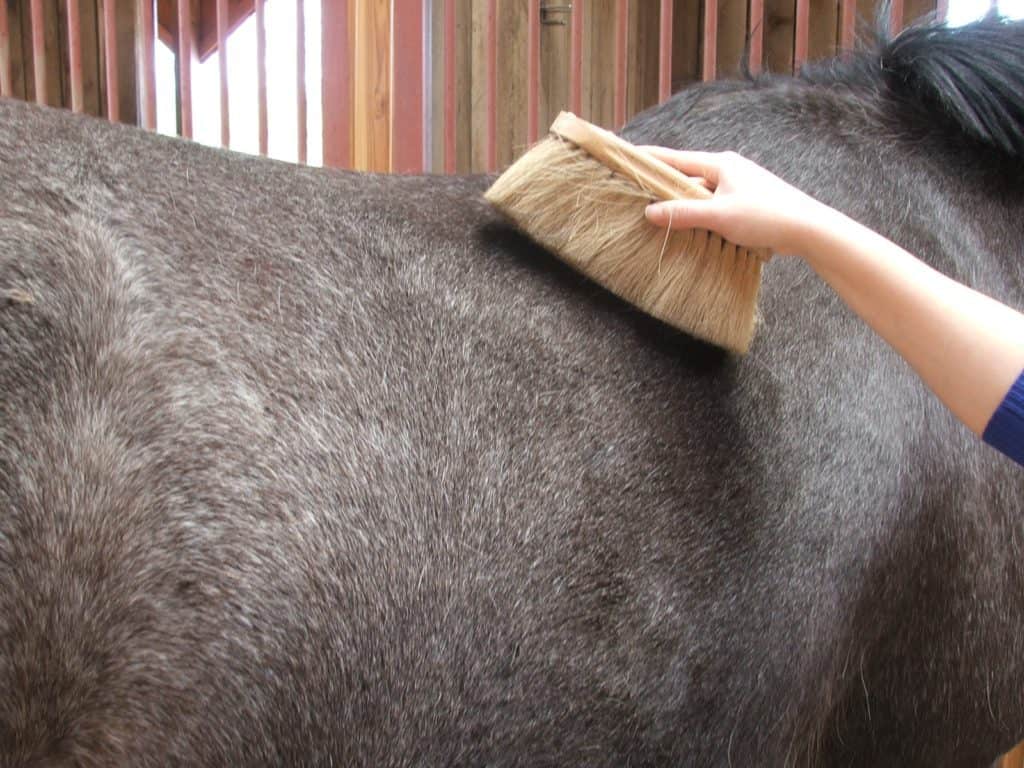
PPID, ID, or Both? Diagnosing Equine Endocrine Disorders
The oral sugar and thyroid-releasing hormone (TRH) stimulation tests are the gold standards for diagnosing ID and PPID (equine Cushing’s disease), respectively.
Information and commonly asked questions about diagnosing and managing horses with pituitary pars intermedia dysfunction (PPID), also known as Cushing’s Disease.

The oral sugar and thyroid-releasing hormone (TRH) stimulation tests are the gold standards for diagnosing ID and PPID (equine Cushing’s disease), respectively.

The primary factors that influence equine Cushing’s test selection are season and severity and number of clinical signs.

Grazing horses at night can help keep them at a healthy weight and reduce their sugar intake.

Senior horses with PPID need careful monitoring and preventive care because of equine Cushing’s effects on immunity, exercise tolerance, thermoregulation, and wound healing.

While diet is not directly used to manage PPID, nutritional management goes a long way in helping support these horses.

A nutritionist offers ideas for getting a pre-Cushing’s horse to eat his supplements while maintaining his special diet.
Stay on top of the most recent Horse Health news with
"*" indicates required fields